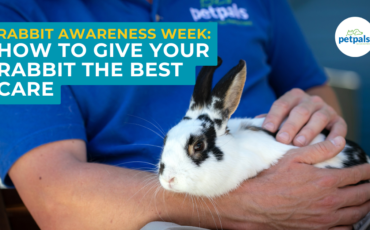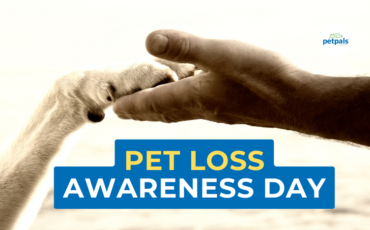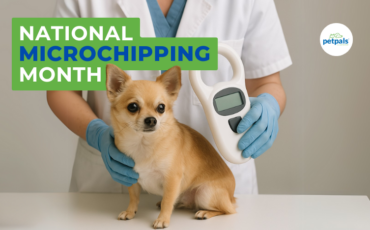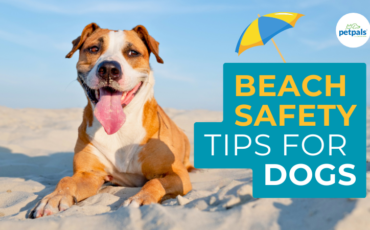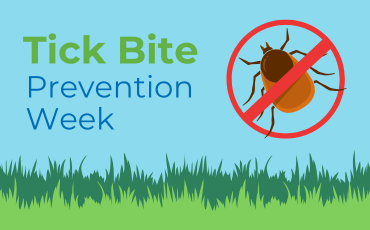A guide to keeping pets safe and calm during fireworks season
1st November 2016
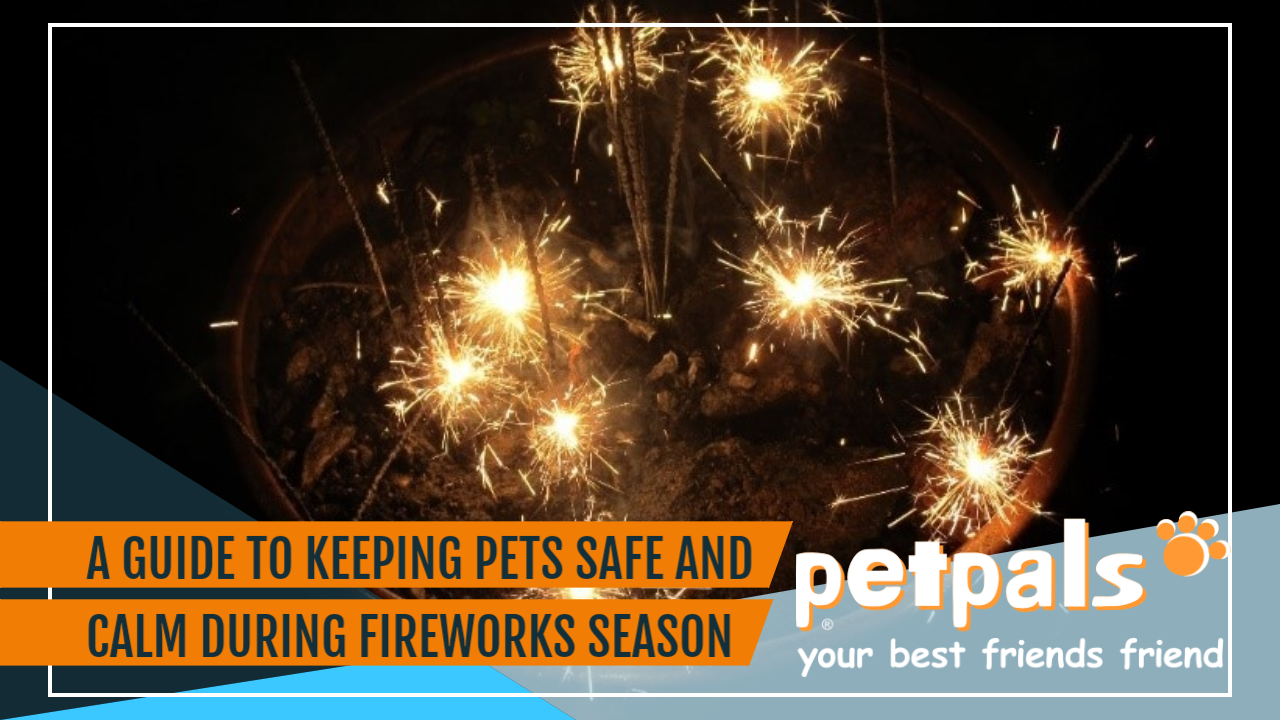
Fireworks night is nearly upon us and, unless you live in the middle of nowhere without a neighbour in site, chances are you and your pets are going to hear lots of pops, bangs and whizzes over the next few days, so we’ve put together a list of things owners can do to keep their pets safe and calm this fireworks season. Good luck everyone!
Cats
Cats can be timid creatures at the best of times and fireworks can really scare them. Add to that their regular nocturnal activities and you have a potentially dangerous situation..
- Keep your cat indoors after dark and provide a litter tray if he/she is used to going outdoors however, be aware that shutting a cat indoors, when it normally comes and goes as it pleases, will be stressful in itself, particularly in multi-cat households
- Frightened cats like somewhere safe to hide, so ensure that they get under a bed, on top of a wardrobe, inside an igloo cat bed or in a cardboard box etc
- Make sure your cats are microchipped so that if they do run away they can be identified when found and that if you have moved, you’ve updated your address details with the chipping company
- Try to keep all doors and windows shut, with curtains closed, TV and music on quietly, to reduce noise and light flashes and the chance of them escaping
- Try to avoid reinforcing fearful behaviour by soothing and reassuring an anxious looking cat. Fearful cats are best left to cope on their own
- Consider something like a ‘Feliway’ pheromone-based diffuser from your vet
Dogs
- Make sure you are back from your walk before it gets dark and the bangs start. If necessary when letting the dog out later take it out on a lead into your garden so you can get it straight back in if it appears too scared. Put paper down in case of overnight accidents
- Shut all doors and windows; a frightened dog running around on the road outside could cause a terrible accident
- Make sure their microchips are up to date so, should the worst happen, your pet can be returned to you as soon as possible
- Make a den for your dog to hide in if they want to eg: a travel cage covered with a heavy blanket or rug. Set this up a few weeks before necessary to get them used to it
- Curtains drawn, music and TV on and follow your usual routine
- If your dog is distressed and comes to you for comfort feel free to stroke him/her, however do not go to them
- You may like to visit https://www.dogstrust.org.uk/help-advice/dog-behaviour-health/sound-therapy-for-pets and download their free ‘Sounds Scary’ noises of fireworks that you can play to desensitise your pet
- The next day go out into your garden and collect up any fireworks that have landed in your garden before your dog eats them!
- Talk to your vet about using a diffuser such as Adaptil
Horses
Horses can get just as scared of fireworks as cats and dogs so have a think about how you are going to get your ponies through the firework season.
- Speak to people who live close to your horse’s field. Find out if they are planning a fireworks party. Ask them not to use Chinese lanterns which have been known to cause horrendous burns to the animals they land on whilst alight, not to mention the danger to any livestock’s intestines if they eat the wire as it lays in the grass the next day. The RSPCA have an entire page dedicated to information about banning these lanterns and the harm they can cause animals.
- Bring your horse into a stable, where it will be safe and where you can keep checking it regularly
- Re-visit your fire safety drill in case hay/straw catches fire from a rogue firework or Chinese lantern
- In the morning, check your horse’s field for debris/fireworks, that have landed in the field
Rabbits/Guinea pigs
- If possible bring them inside, into the garage or the house
- Consider draping a duvet/blanket over the cage during the worst of the bangs, to muffle the noise. Make sure there is still plenty of air getting in
If people are worried, we would advise them to talk to their vets as soon as possible.
ENDS NOVEMBER 2016
